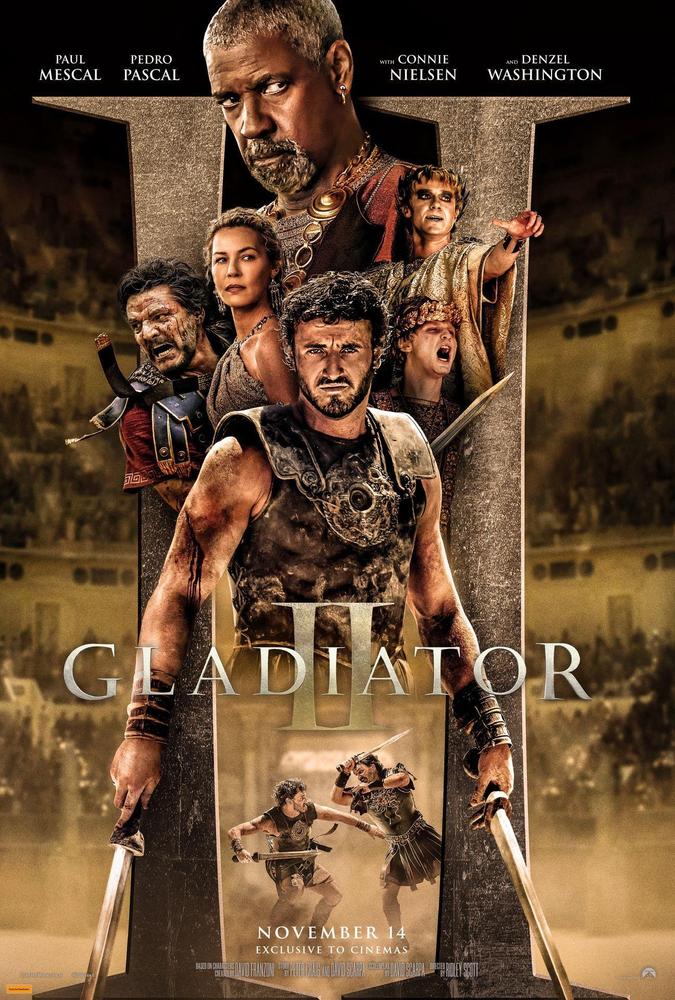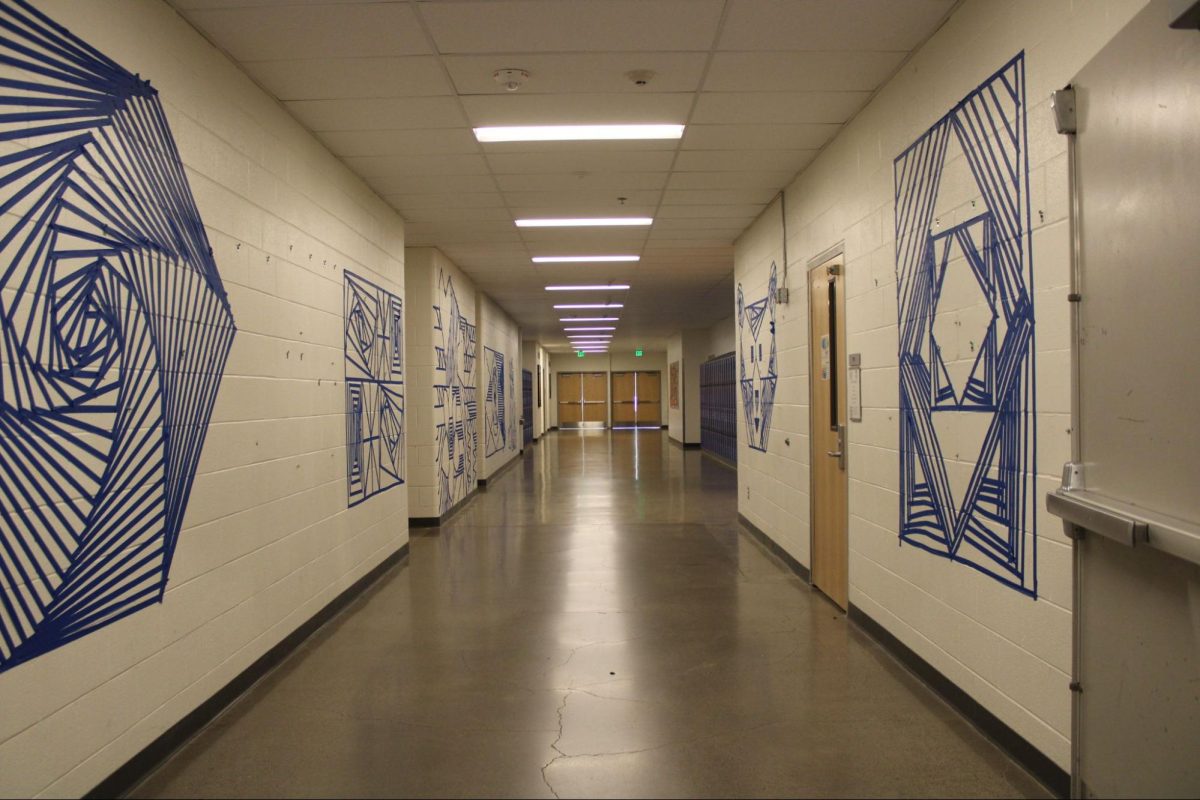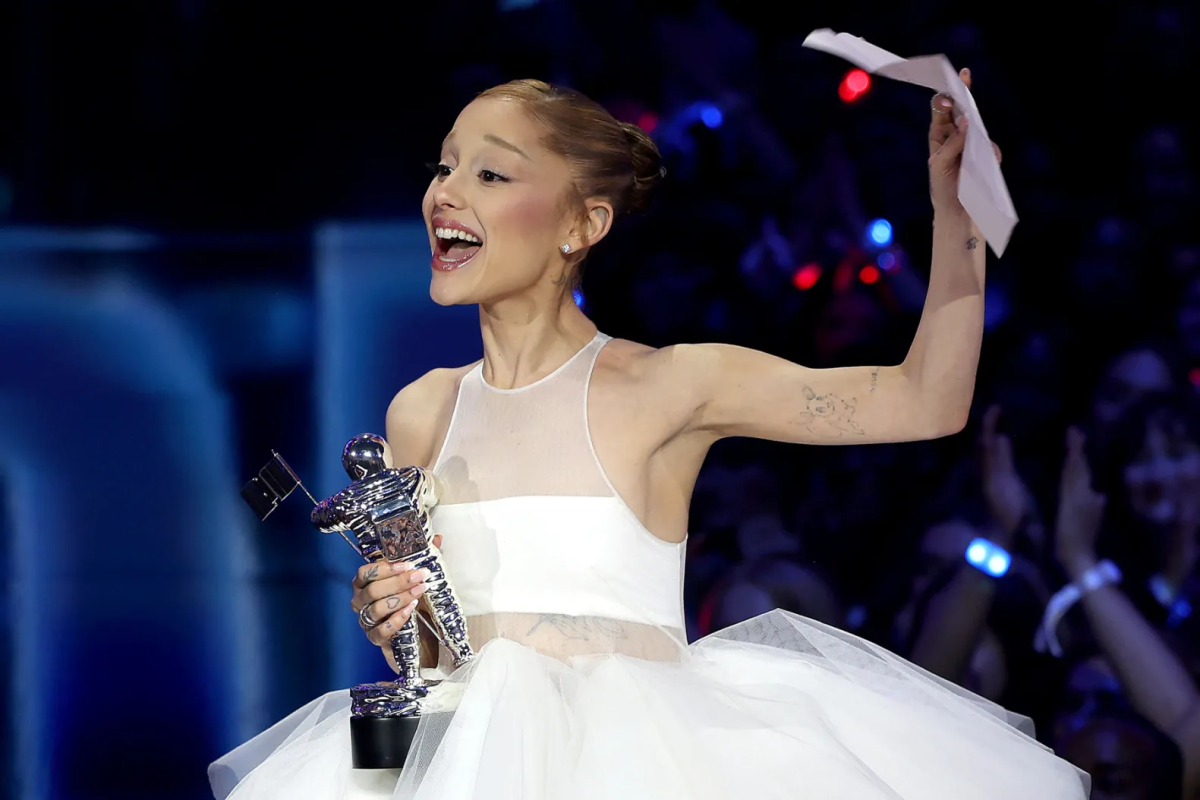In 2000, Ridley Scott wowed audiences across the world with his sword and sandal epic Gladiator. The film earned five Academy Awards, including Best Picture, garnered nearly universal praise from audiences and critics alike, and became the second highest-grossing movie of Scott’s career. The brutally beautiful story of a disgraced Roman general reclaiming his honor and getting revenge for the murder of his family was masterfully executed and clearly resonated with audiences. This year, Scott has done it again with Gladiator II, carrying forward all the best parts of the original, along with all the worst parts and even the parts that were just okay. In fact, Gladiator II manages to tell a virtually identical story in a virtually identical way to its predecessor.
Gladiator II comes right out of the gate swinging, managing to both undermine the ending of the first film and make it immediately clear how the movie is going to end, all within the first few seconds of the film. The opening text crawl explains that in the 16 years since the events of the first movie, Rome has fallen into tyranny under the rule of twin emperors Geta, played by Joseph Quinn, and Caracalla, played by Fred Hechinger. This fact completely spits in the face of the ending of Gladiator, which saw Maximus sacrifice himself to defeat Rome’s previous tyrannical emperor, Commodus, and clear the way for Rome to return to being a republic. Of course, given that that never actually happened in the real world, it’s somewhat unsurprising that Maximus’ revolution would have to have failed in order for there to be a conflict in Gladiator II, but it’s still disappointing to see the entire plot of the first film be so quickly discarded.
Excluding a few cosmetic changes, the film plays out in essentially the same exact way as the original. A good sequel does more than just replay the hits of the original, but Gladiator II fails to differentiate itself from its predecessor in any meaningful way.







